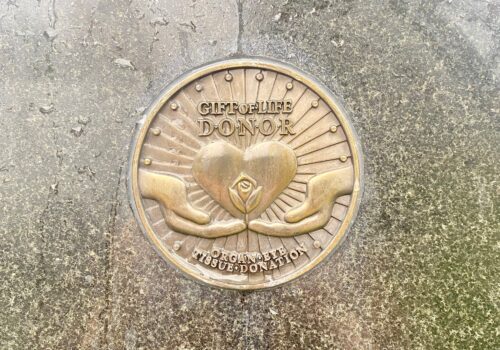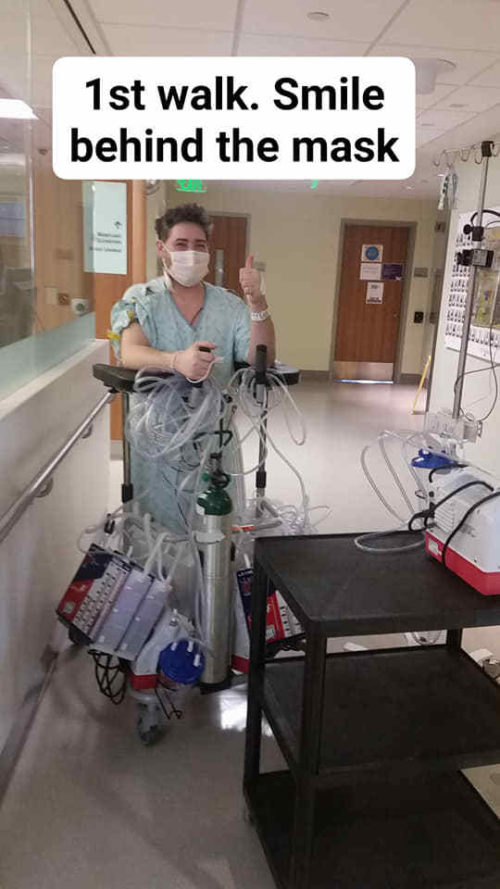Mary Graff is the LifeCenter Northwest Community Outreach Program Manager. She works directly with the general public regarding inquiries about donation, fosters partnerships with government entities and community organizations, and oversees the Community Advocate program. For questions or information about organ, eye and tissue donation, or to check your registry status, please contact Mary at mary.graff@lcnw.org or 425-201-6591.
A common fear about donation is that if you have a red heart on your driver’s license designating you are a registered organ, eye, and tissue donor, you will not be given all the medical care and treatment to save your life in an emergency. This could not be further from the truth.
Emergency medical teams and hospital staff are not the same medical professionals who determine donation potential. Whether or not a person is able to be a donor is determined by a medical team from the local organ procurement organization (OPO), not the hospital’s medical team, and the medical evaluation for donation is only performed after death has been declared.
Many times I hear people express concern about having the red heart on their driver’s license. If you are concerned about having a red heart on your driver’s license in case of an emergency please know that emergency medical teams such as paramedics, firemen, emergency room personal and hospital staff do not look for this identification. Their only responsibility is to save your life. Emergency medical personnel and hospital staff do not make any determination as to whether someone can donate organs, eyes, or tissue. They also do not have access to the confidential organ, eye, and tissue donor registry to confirm if someone is registered affirming that there is no conflict between saving your life and the possibility for donation.
As there are three ways to register your donation wish, it is not mandatory to have a red heart on your license to be registered. You can say yes to donation when renewing your driver’s license, register online at our website www.lcnw.org, or by mailing in a registry flyer which you can download here (first document in Action Items).
Saying yes when receiving or renewing a driver’s license or ID card is only an avenue for registering. This action simply puts your name in the donor registry database-a confidential directory accessible only by certified donation organizations. Your driver’s license is never referenced when determining organ, eye or tissue donation registration status.
Hospitals by law must make referral calls to recovery organizations for all deaths or imminent death. It is the medical staff at a recovery organization that conducts the medical review to determine if donation is a viable option. These are the medical professionals that have access to the confidential registry data base and would find whether a person has a registry record or not. If a person is not registered family can give authorization to pursue donation.
The opportunity to be an organ donor is very rare. Only 1% of all deaths occur in a medical setting that could support donation. For organ donation to be a viable option a person must have received all the needed care and treatment to save a life, be on ventilated support in a hospital at the time of death, and be medically assessed for donation after death is declared.






